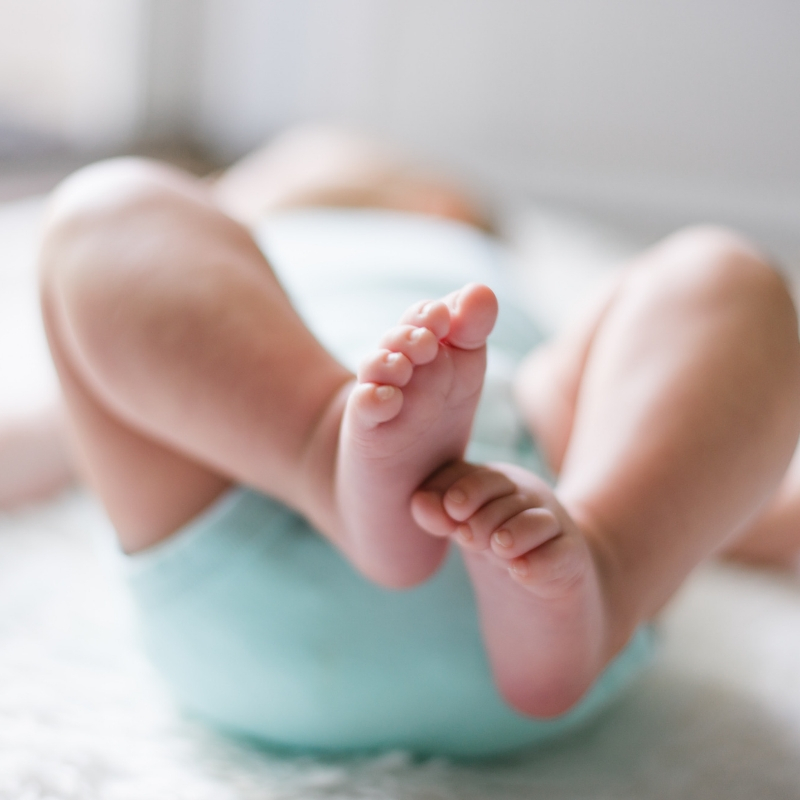
Most birth injuries involve serious complications that can lead to permanent disabilities and disfigurement, especially if not treated immediately. Left untreated, these injuries can develop into severe consequences that can also lead to your child developing a brain trauma or paralysis. As a new parent, it’s critical to understand and be on the lookout for the warning signs and symptoms children can experience following delivery.
Here are some immediate warning signs and symptoms your child has suffered a birth injury:
Actions Symptoms:
- Arched back while crying
- Breathlessness
- Difficulties with sucking, eating, and swallowing
- Excessive drooling
- Excessive fussiness for no apparent reason
- Grunting and/or high-pitched crying
- Nausea, vomiting
- Lethargy
- Light sensitivity
- Seizures
Health-Related Symptoms:
- Anemia
- Changes in vision
- Fever
- High-frequency hearing loss
- Dizziness
- Hypertension or hypotension
- Inflamed nasal passages
- Low heart rate
- Low oxygen levels in the blood
- Persistent coughing
- Poor weight gain
- Constipation
- Headaches
- Wheezing
- Jaundice
- Paleness and/or wax-like appearance to the skin
Muscle and Bone Symptoms:
- Arm and/or hand bent towards the body
- The hand may curl up and take on a claw-like shape
- Skull fractures
- Spasms
- Muscle stiffness or looseness (muscles may alternate between the two)
- Weak movements
- Weak or absent reflexes
- Writhing movements
- Hairy patch on the back
- Favoring one side of the body
Symptoms That May Surface Between 12-24 Months of Age
Although a birth injury may have happened just before, during, or after delivery, the body takes a while to demonstrate its symptoms, sometimes into toddler-hood.
The common birth injury symptoms that appear during the toddler years include:
- Ataxia (the loss of the full use of bodily movements)
- Delay in motor skill development
- Difficulties in walking normally
- Intellectual disabilities (memory, inability connecting actions to consequences, explosive tantrums, difficulty problem solving, or difficulty with logical thinking)
- Difficulties with problem-solving
- Involuntary pulling of the neck
- Lack of muscle control
- Poor control over coordination
- Speech problems
- Difficulties dressing alone, potty training, and grasping spoons to eat
Developmental Milestones:
Infants, toddlers, and children who miss developmental milestones may have experienced a birth injury.
2 to 4 months old:
- Turns head when noises are heard
- Coos and smiles
- Follows people with eyes and recognizes faces
- Holds head up
- Can reach and grasp objects
- Pushes up on elbows if lying on stomach
6 to 9 months old:
- Brings objects to mouth
- Looks around easily at nearby objects
- Rolls over from back to front and front to back
- Can pass objects from one hand to the other hand
- Sits alone without assistance
- Can bounce when standing on the ground, with assistance
- Can pick up small things with fingers
- Begins to crawl
- Bears down weight on legs when standing, with assistance
- Understands different words and sounds
1 years old:
- Explores and finds hidden objects
- May be able to walk or can walk while holding on to furniture
- Understands simple instructions, such as putting something in the trash
- Starts to say words
18 months old:
- Can scribble alone
- Stands and walks
- Eats with a spoon without assistance
- Drinks from a cup without assistance
- Can say a variety of single words
- Understands one-step instructions
- Points to objects they want to play with
2-3 years old:
- Knows body parts and is familiar with family members
- Begins to complete sentences and understand rhymes
- Can run and kick a ball
- Walks up and down stairs without assistance
- Can draw straight lines and circle shapes
- Knows and says name and age
- Can dress and undress without assistance
4-5 years old:
- Begins to cooperate with other kids
- Uses scissors
- Can hop and stand on one foot for short periods of time
- Retells favorite stories
- Understand basic grammar and songs
- Uses the toilet without assistance
- Climbs without assistance
Keep in mind that only a physician can diagnose disabilities and disorders. If your child is showing signs of birth injuries or is behind in developmental milestones, call a medical professional for help.
If you believe a medical professional or hospital is responsible for your child’s birth injury, contact my office today to discuss your case. We can help make sure your child obtains the compensation they need to live their life to the fullest.
